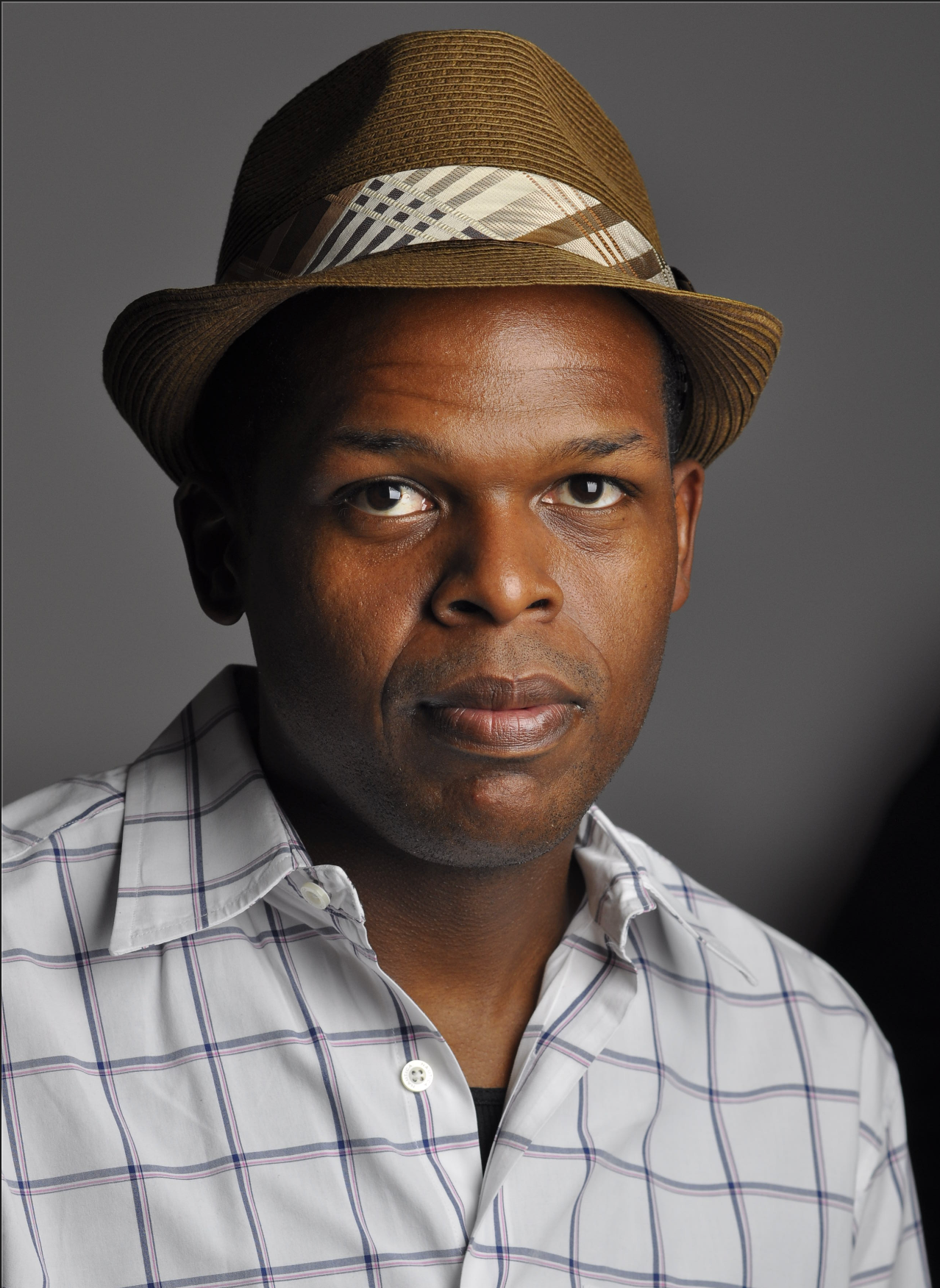“As Biggie Smalls said, "I went from negative to positive."’
When you were first starting out, how did you take rejection? What did you learn from those first few rejections?
I didn't take it well. The first rejection I can recall was from my undergraduate literary magazine. Frankly, I was devastated. I stopped writing stories for about four years and stopped submitting for maybe six. I came back to writing and went to grad school. I still got rejected quite often. In fact, during a seven-year stretch, my work was rejected over 300 times by literary magazines. Fortunately, I can thank Stephen King's On Writing for giving me perspective and gumption. He was rejected, I think 200 times before the age of 18. He used to pin the rejection slips on the wall above his typewriter. How could I complain? Ultimately, I had to accept that if I wanted to publish I had to change both the work and my approach. I sharpened my stories and became more strategic about my submission strategy. Basically, I made the stories sound more like the place I'm from (my weird, wonderful New Orleans) and made them faster paced and more emotionally charged. For submissions, I used Duotrope, which allowed me to figure out which high-quality magazines I had the best shot of being published by. I entered many contests and won three. As Biggie Smalls said, "I went from negative to positive."
What was the first piece you got published? How did you celebrate? Also, what does your process look like for researching where to submit your work? (do you browse or just submit to anyone with subs open regardless?)
I think my first adult publication (I had some as a teen) was a flash fiction story called "Mercury Forges" which appeared in the Apalachee Review, Issue 62. The story is in my collection The Ones Who Don't Say They Love You. I think I got ice cream to celebrate, cookies and cream. But it's been awhile, and I eat a lot of ice cream to celebrate my accomplishments. Not great fitting into my jeans, but good for my self esteem. I use Duotrope for determining where to submit. I don't send to places that accept everyone. I like magazines that are selective and have a sense of style. Basically, I want to be proud to see the magazine on my shelf. I like online magazines with a nice look too. If a magazine looks nice, this is a sign that they will do a good job in editing your work and that they will be around for a while rather than fade into obscurity.
For a short piece like a story or a poem, how many places do you submit it to at a time? Do you keep track of your submissions? What does your editorial process look like before you hit submit?
My old strategy was to submit to 19 places at a time because of all the factors you can't control. 10 places may have too many similar submissions and choose other work over yours almost randomly. Five more places may lose your work in their submission pile. Three places may have overworked readers who miss your brilliance. And so on. Virtually every piece I submitted 19 times got picked up somewhere. Some pieces were accepted in multiple places. There's a rare pleasure in withdrawing an accepted piece and telling the magazine (that you prefer less) that somewhere else will publish it. I always ignored simultaneous submission policies. If a magazine is going to take four or more months to get back to me, I can't afford to send to one place at a time. Life is too short.
What type of writer are you when it comes to submitting your work: Do you hold on to a piece for a long time and then have to give yourself a pep talk (if yes, please share) or do you subscribe to a more fuck it hit submit right away approach? If your piece gets rejected, are you one to power through and move on to the next publication or do you sit with it a little longer and try to figure out where you might’ve gone wrong?
I'm a joyous, aggressive writer. I write as well as I can, having fun with the act of creation. Then I put the piece aside for a week or so. When I'm proud of what I've made, I send it. This is after, maybe, one to five revisions. Letting readers provide feedback. Rejection is the norm once you send anything out. So I would continue to submit. Still, it's much easier now as an established writer. Since publishing my first novel, We Cast a Shadow, which got nominated for nine prizes, editors solicit pieces from me. Rejection is rare these days. Every successful writer gets to this place eventually, I imagine.
Is there a rejection letter that stands out in your mind? Something particularly harsh or intense? Or maybe even comical?
Actually, no. People at literary magazines are hardworking and fair in my experience. The best rejections have been the ones that give me some insight on how to improve. One called my protagonist a bit unrealistic, and they were absolutely right. I learned to pay more attention to characterization from that. Editorial comments are always a gift, in my opinion. You can take them or leave them. But if you have no comments, then you're blind.
What publication or magazine would you love to see yourself in someday? Or, if you have already been published in your dream pub, tell us about the experience.
I read the Kenyon Review for years and really admired it along with magazines like AGNI, the Iowa Review, and Oxford American. I'm happy to say I've published with them all (and many more). You can find a lot of it online, if not in my collection. This is a far cry from when I was on the outside looking in.
Is being published all it’s cracked up to be? What is your advice for writers who are working on getting published?
For me, publishing is a nice way to prove yourself. I was a corporate lawyer trying to make literature. I felt like I needed to get work into these magazines so I wouldn't feel like a dilettante. Those early publications put me on a cloud for days on end. I still feel great when I get a win.
What is your all time favorite sub/sandwich order?
In New Orleans, we have fried shrimp po-boys. It's shrimp on french bread with mayo, lettuce, and tomatoes. I add hot sauce. It is the taste of my city, and I adore it.


